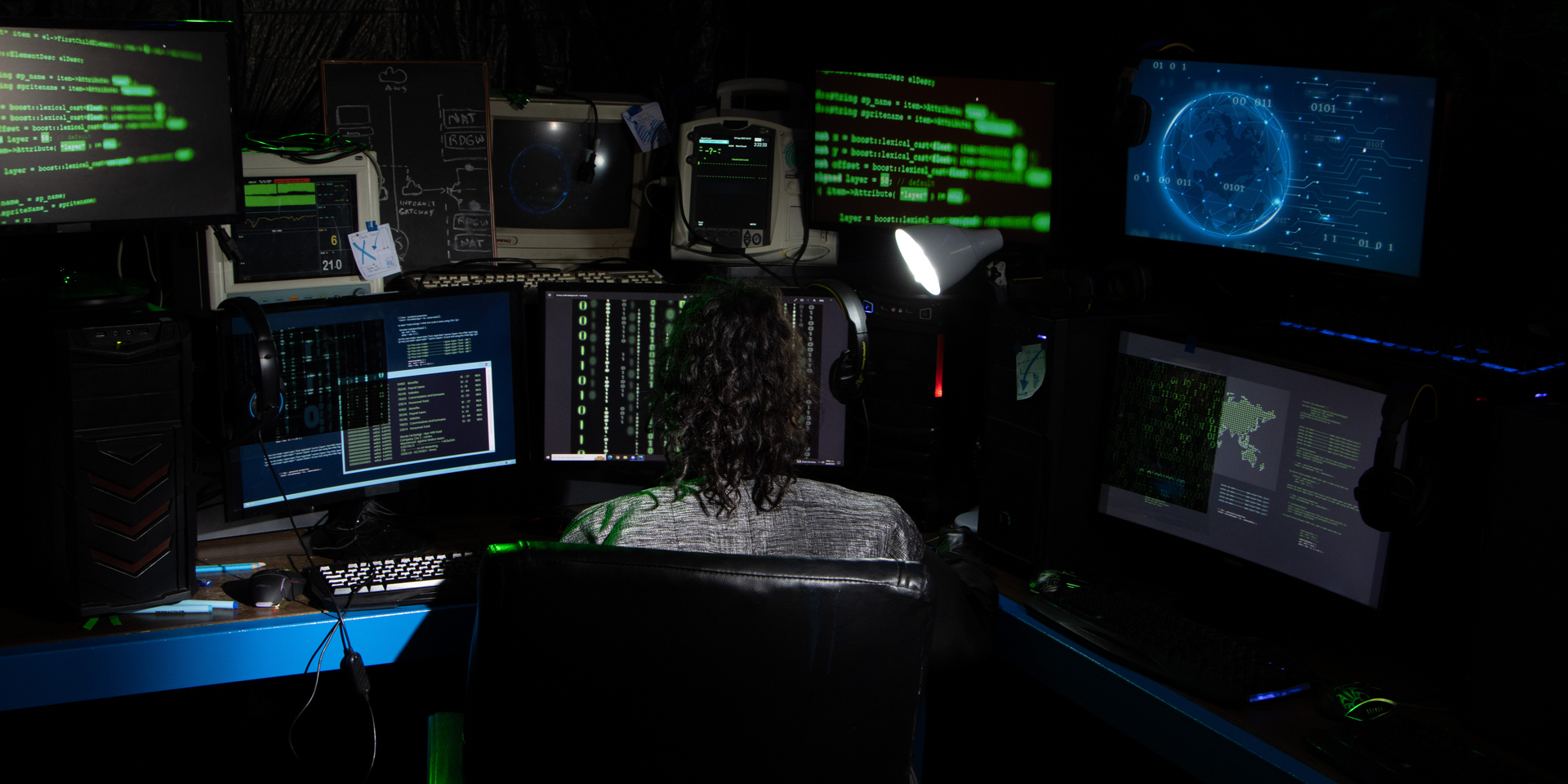Which Are The Standards For Alarm Management?
Alarm Management is a critical aspect of industrial automation, process safety, and regulatory compliance. Proper alarm management ensures that alarms provide meaningful and actionable information, reducing operator overload and enhancing safety. Several standards guide alarm management practices, ensuring consistency and reliability in alarm system design, implementation, and maintenance.
This article explores the various alarm management standards, including IEC 62682, ISA 18.2, and other industry-specific guidelines. It also discusses best practices and the significance of alarm rationalization in compliance and operational efficiency.

Which Are the Standards for Alarm Management?
IEC 62682
The IEC 62682 standard provides guidelines for managing alarms in industrial processes. It is based on ISA 18.2 and focuses on alarm system design, operation, and maintenance. This standard applies to various industries, including chemical, petrochemical, and power generation.
Key aspects of IEC 62682:
- Defines alarm system requirements and responsibilities.
- Establishes performance metrics for evaluating alarm systems.
- Provides guidelines for alarm rationalization, prioritization, and classification.
For detailed insights, the IEC 62682 PDF can be accessed from regulatory sources or industry publications.
Alarm Management Standards
Beyond IEC 62682, there are other notable standards and frameworks for alarm management:
- ISA 18.2 – A foundational standard for alarm management in the U.S.
- EEMUA 191 – A guideline for alarm management in process industries.
- NFPA 72 – Defines fire alarm requirements for buildings.
- FDA Alarm Management – Regulates alarm systems in pharmaceutical and medical device manufacturing.
These standards ensure that alarm systems operate effectively, preventing unnecessary alarms and enhancing operator response times.
What Is the Governing Standard for Alarm Systems?
The primary governing standards for alarm systems vary by industry and region. However, some of the most widely recognized ones include:
- ISA 18.2 Alarm Management Standard: This standard, developed by the International Society of Automation (ISA), provides a structured approach to alarm management, covering all aspects from alarm philosophy to ongoing maintenance.
- IEC 62682: As the international counterpart to ISA 18.2, it offers a globally accepted framework.
- EEMUA Alarm Management (EEMUA 191 3rd Edition PDF): This guideline provides practical advice on designing effective alarm systems, particularly for process industries.
- NFPA 72 Fire Alarm Requirements: This standard governs fire alarm systems, ensuring compliance with safety codes.
Organizations must adopt the most relevant standards based on their operational requirements and regulatory obligations.

What Is the ISA 18.2 Standard for Alarm Management?
The ISA 18.2 alarm management standard is a key reference for industries that rely on automated alarm systems. It provides a lifecycle approach to alarm management, addressing:
- Alarm philosophy and design.
- Alarm rationalization and prioritization.
- Implementation of alarm suppression and shelving strategies.
- Continuous monitoring and assessment of alarm performance.
For a comprehensive overview, organizations can refer to the ISA 18.2 alarm management standard PDF, which details best practices and compliance measures.
What Is the Management of Alarm Systems?
Alarm system management involves several critical activities to ensure the reliability and effectiveness of alarm systems. These include:
Alarm Rationalization
Alarm rationalization is the process of reviewing and optimizing alarms to eliminate unnecessary or redundant alerts. A structured approach involves:
- Assessing alarm criticality and impact.
- Assigning appropriate priority levels.
- Documenting alarm responses to enhance operator decision-making.
Alarm rationalization PPT presentations are often used for training and implementation purposes in industrial settings.
Alarm Performance Monitoring
Regular performance assessments help ensure that alarm systems function correctly. This includes analyzing alarm frequency, response
times, and operator workload to identify areas for improvement.
Compliance and Best Practices
Following industry standards, such as EEMUA 191 3rd Edition PDF guidelines, ensures that alarm systems align with best practices. Compliance with FDA alarm management regulations is crucial for industries like pharmaceuticals, where alarm accuracy is essential for product quality and patient safety.

Conclusion
Effective alarm management is vital for industrial safety, regulatory compliance, and operational efficiency. Adhering to standards such as IEC 62682, ISA 18.2, and NFPA 72 ensures a structured approach to alarm system design, implementation, and maintenance.
Organizations should regularly review and optimize their alarm management practices to minimize nuisance alarms and improve response times. For more detailed guidance, industry professionals can refer to relevant alarm management standards PDFs and training materials.
For expert consultation on implementing compliant alarm systems, contact us today!



